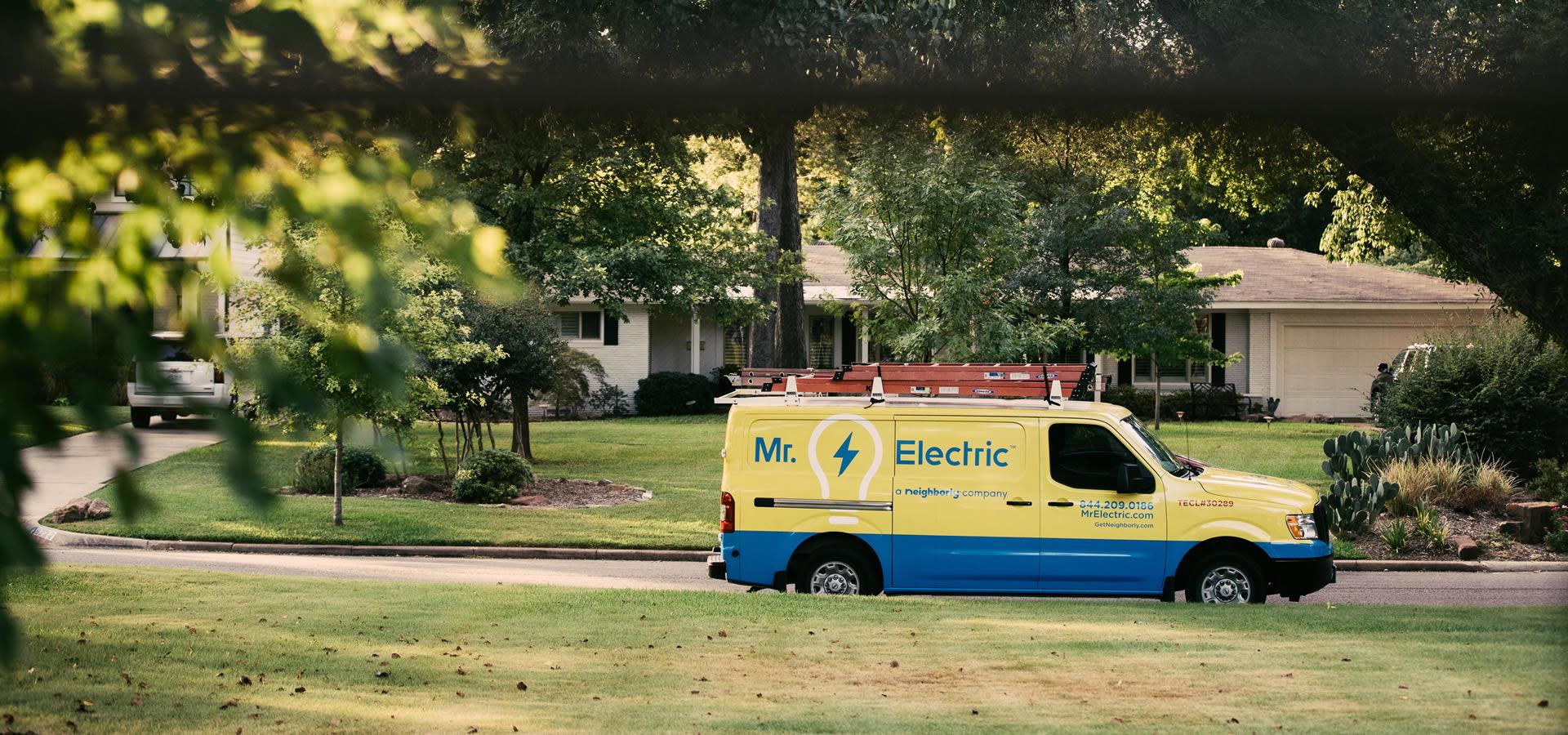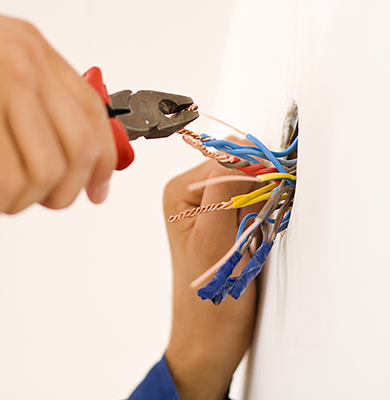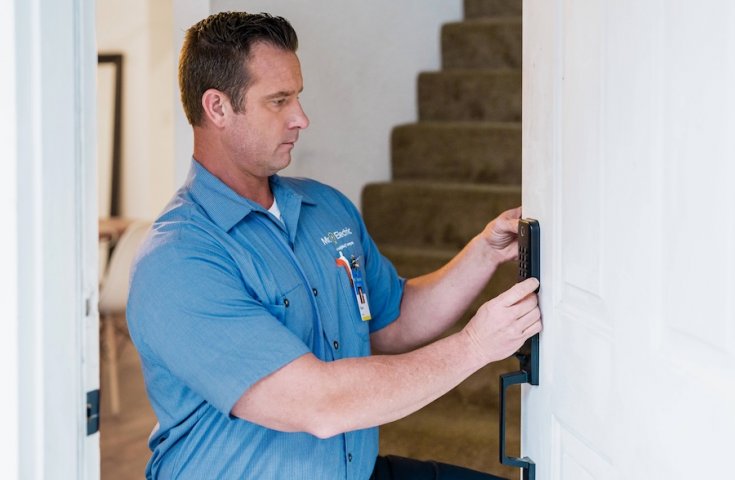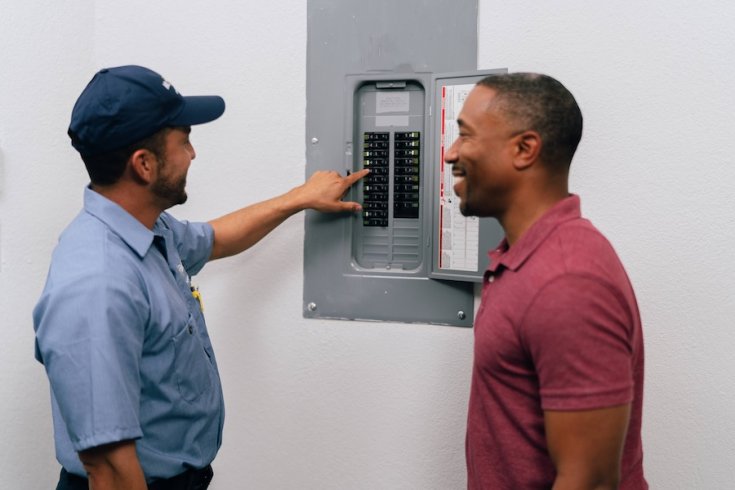Signs Your Home Needs Electrical Rewiring
Although electrical wiring is designed to last for decades, you’ll need to rewire your house at some point. Over time, electrical wires can degrade and pose serious risks to your family and property.
Here are four warning signs you need to rewire your entire house:
Your Wiring Hasn’t Been Updated In Decades
If your house is 50 years or older and the wiring has never been updated, there’s a good chance you need to rewire your entire house. Old wiring may not be able to handle contemporary power demands, and significantly increases the chances of a house fire. Moreover, old wiring may have deteriorated insulation, which can cause shocks, sparks, and even fires. Updating your home’s electrical wiring brings your home’s electrical system up to code, prevents fire hazards, and ensures your electrical system meets the power needs of new appliances.
You Have Aluminium Wiring
Aluminum wiring can be hazardous and has been found to significantly increase the chances of a house fire. If your house was built between 1965 and 1973, you might have aluminum wiring. Many houses built from the mid-1960s through the 1970s were wired with aluminum instead of copper. Aluminum is a major fire hazard because the material expands and contracts far more than copper does. The frequent expansion and contraction can loosen connections and form gaps, which can lead to serious problems. If you have aluminum wiring in your home, it’s advisable to have an experienced electrician perform full house electrical rewiring to improve electrical safety.
How to Tell If Your Home Has Aluminum Wiring
Inspect visible cables in your home and look for markings that read "AL" or "aluminum" on the plastic sheath of the electric cables. If you can’t identify your wiring this way, call a nearby electrician to inspect your wiring and advise you accordingly.
Circuit Breakers Trip a Lot
A circuit breaker is an automatic circuit protection system that protects branch circuits from overloads, short circuits, and ground faults. The mechanical switch opens when an electrical fault is detected to interrupt current flow. If the circuit breakers in your home trip repeatedly, it could be a sign your house needs rewiring. Before you consider undertaking a full house electrical rewiring, have an electrician inspect your wiring and advice you on the best course of action.
You Have Knob-And-Tube Wiring In Your Home
As the name suggests, knob-and-tube wiring refers to an early, standardized method of electrical wiring run through porcelain knobs and tubes. This type of wiring was common from about 1880 to the 1940s, so it’s still present in many older homes. Knob-and-tube wiring lacks a ground wire, so it’s incompatible with modern three-prong appliances and devices. Apart from exposing your family to the risk of electrical shocks, knob-and-tube wiring can damage your household appliances and devices.
Call Mr Electric for Your Full House Rewiring Needs
When you’re in need of electrical rewiring in your home or business, you can rely on the professional electricians at Mr. Electric to get the job done. Mr. Electric is a premier electrical company that offers an array of residential and commercial electrical services.







